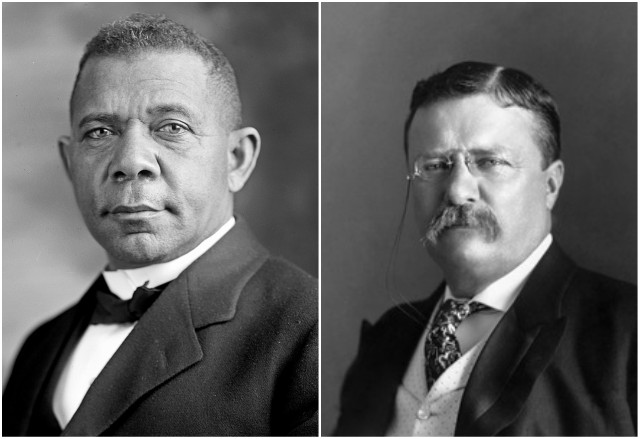Many African-Americans were invited to the White House before 1901, but none of them was invited to dine with the President until Theodore Roosevelt invited African-American educator Booker T. Washington to a dinner at the White House.
His decision shocked the nation since dining at the same table implied social equality.
But who was Booker T. Washington and why would President Theodore Roosevelt invite him to a dinner at the White House?
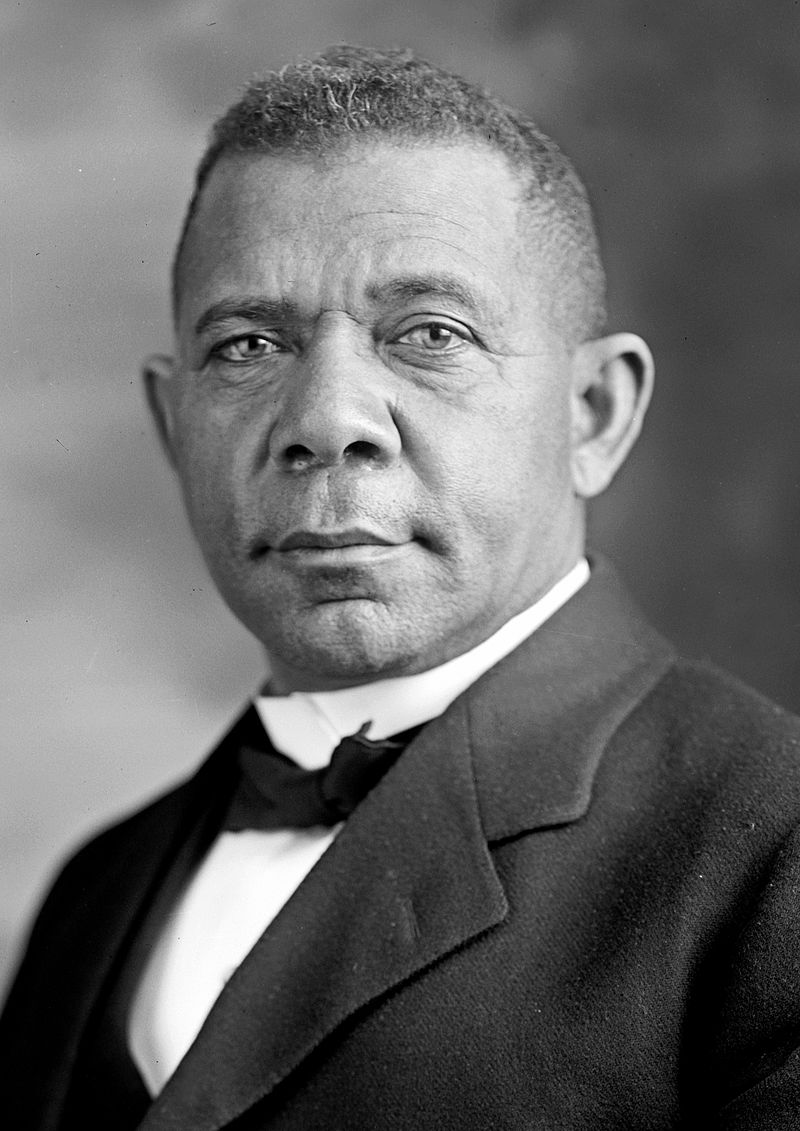
Booker T. Washington was born into slavery on April 5, 1856, on the plantation of James Burroughs in southwest Virginia.
His family gained freedom under the Emancipation Proclamation and moved to West Virginia, where Booker attended school for the first time and learned how to read.
He would later become a prominent national leader among African Americans and a great supporter of education for freedmen.
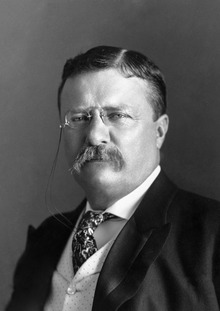
He was on a speaking tour in Mississippi in 1901 when he received a telegram from the newly elected President Theodore Roosevelt asking him to come to the capital for a conference.
Washington agreed and when he arrived in the capital he was invited to dine with the President at 8:00pm that evening.
The historic meal took place at the White House and besides Roosevelt and Washington the President’s wife, daughter, his three sons, and at least one other guest also attended the dinner.
News of the dinner between a former slave and the President of the United States became a national sensation throughout the night and by morning almost everyone in the United States heard about the historic meal.
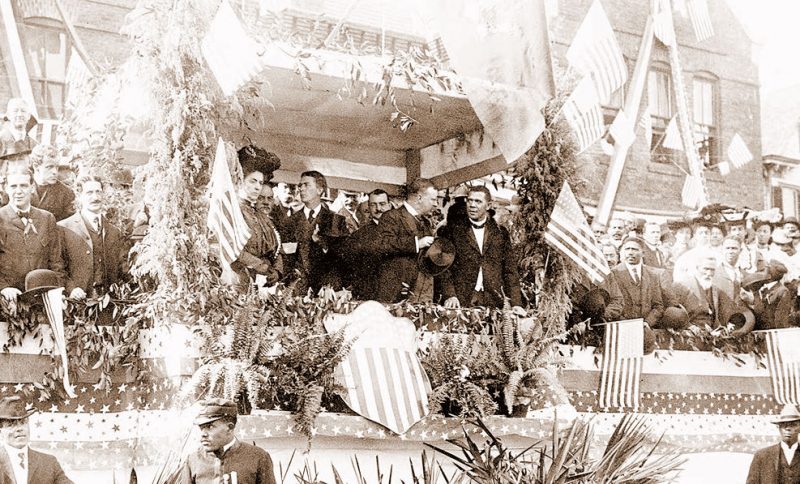
Deborah Davis, author of Guest of Honor: Booker T. Washington, Theodore Roosevelt, and the White House Dinner That Shocked a Nation believes that the dinner changed the course of American history.
The dinner was top news for a long period and even caused a great debate all over the country. An assassin was hired to kill Booker T. Washington, and Roosevelt was criticized in ways that presidents were not criticized before.
The scandal escalated to the point where this one dinner divided the country and men swore never to vote for Roosevelt in future elections.
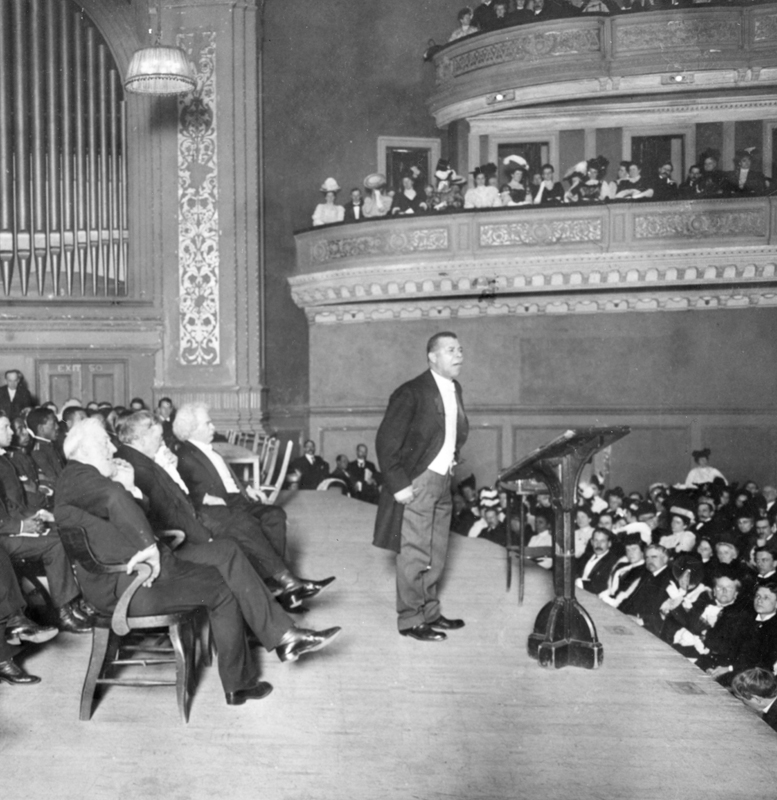
The northern newspapers were generally positive about the dinner but the southern press was unforgiving and criticized President Roosevelt for a long period of time.
Roosevelt decided to make a public statement about the dinner and he said: “I shall have him to dine as often as I please.”
And Booker did visit the White House again, but only in the morning during regular business hours.
Roosevelt never invited an African-American to a White House dinner again.
